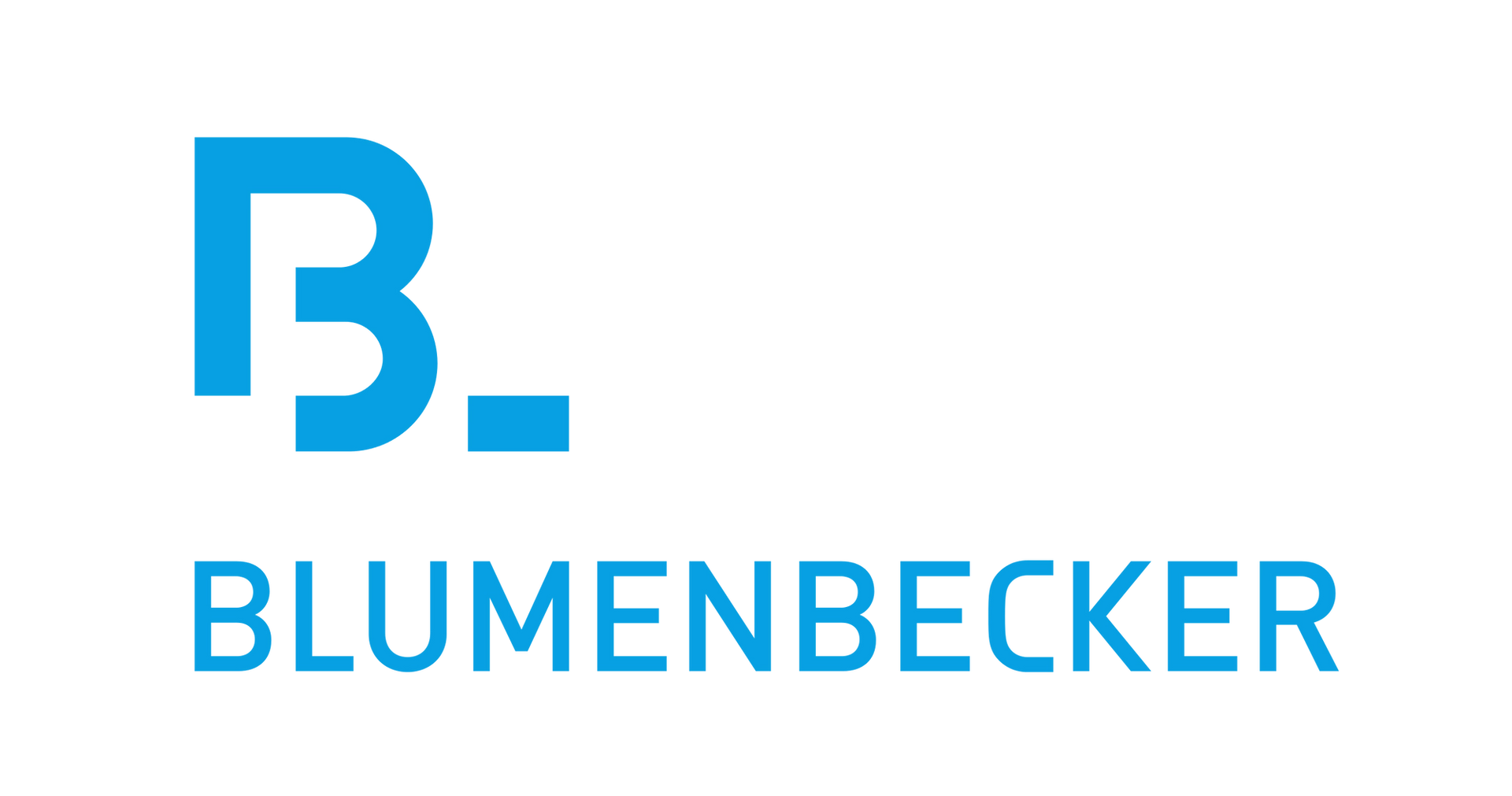Customer Retention and Revenue Potential Through Customer Experience
Customers may have varying perceptions and perspectives regarding the performance and quality of financial advice. Recurring discussion points, particularly in retail banking, often involve pricing, transparency, advisory expertise, the service and product offering, as well as the quality of consultation and support.
Our Approach
Customer-centric management of all touchpoints along the value chain ensures a consistent and seamless experience. Understanding customers' product and quality expectations in advisory and service offerings enables tailored, target group-specific solutions. Data patterns and AI-based analyses support this process.
The customer experience is positively enhanced through the coordinated interaction of the front office, customer service center, mid-office, and back office, creating a comprehensive 360° view. This allows customers to be addressed more effectively and segment-specifically over the long term, while revenue potential can be tapped more efficiently.














